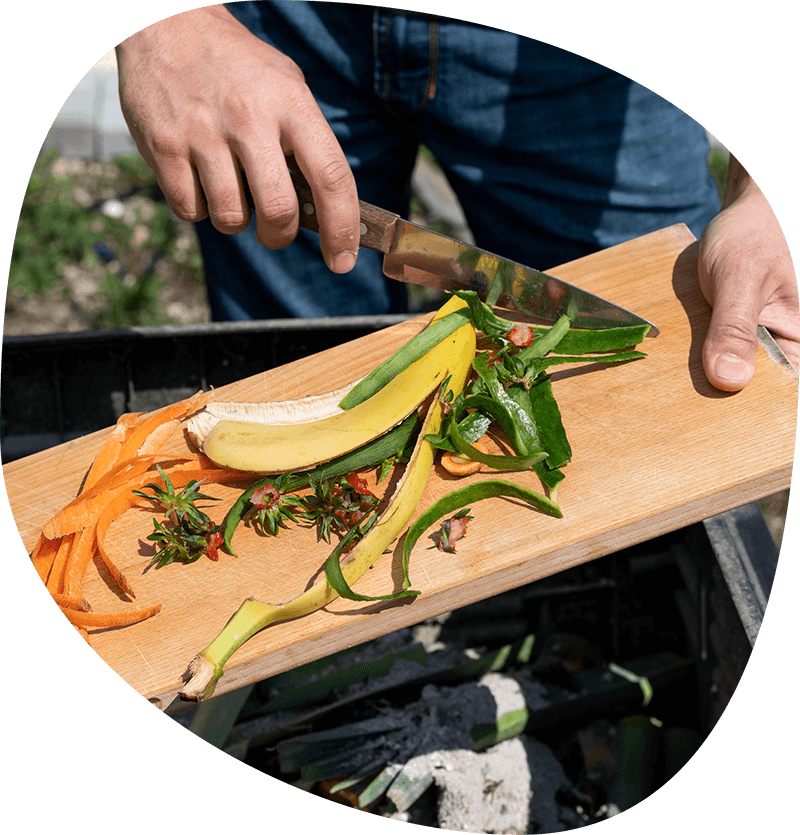Knowledge Hub
Taste the Waste

Did you know that...?
Roughly one-third of all food produced globally ends up as waste. This isn’t just bad for the environment—it also affects our wallets, contributes to food insecurity, and generates enormous CO₂ emissions. But the good news? Solutions exist, and many are already in action across Europe. Reducing food waste means rethinking how we produce, distribute, and consume food—together.
At our “Taste the Waste” Capacity Building workshop, we explored how businesses, cooperatives, and communities are creatively addressing the issue. From redistribution networks and digital platforms to education campaigns and policy reform, participants examined how coordinated action can make food waste reduction a shared priority.
What’s other people doing about it?
Spörgelhof eG (Germany). This Community Supported Agriculture (CSA) cooperative engages consumers directly in food production. By involving members in harvesting and accepting all vegetables—regardless of appearance—Spörgelhof achieves near-zero food waste and strengthens local food sovereignty.
Tarilka (Ukraine). Ukraine’s first food bank, Tarilka rescues surplus food from retailers and redistributes it to vulnerable communities. Since launching, they’ve saved over 98,000 kg of food and delivered more than 25,000 packages. Amid conflict, they’ve scaled up efforts, supporting thousands in frontline areas.
Foodsharing (Germany). Since 2012, this grassroots initiative has used digital tools to coordinate food collection and redistribution. Volunteers rescue excess edible food from shops, bakeries, and private households—building a culture of conscious consumption and solidarity.
Euro Coop (Europe-wide). Representing consumer cooperatives across Europe, Euro Coop and its members implement innovative food waste strategies: from dynamic pricing and donations to food banks, to awareness campaigns and cooperative partnerships for shorter supply chains. Their model combines sustainability with social impact.
These inspiring case studies were all presented during our training – review their presentations to learn how your community can help fight food waste.
